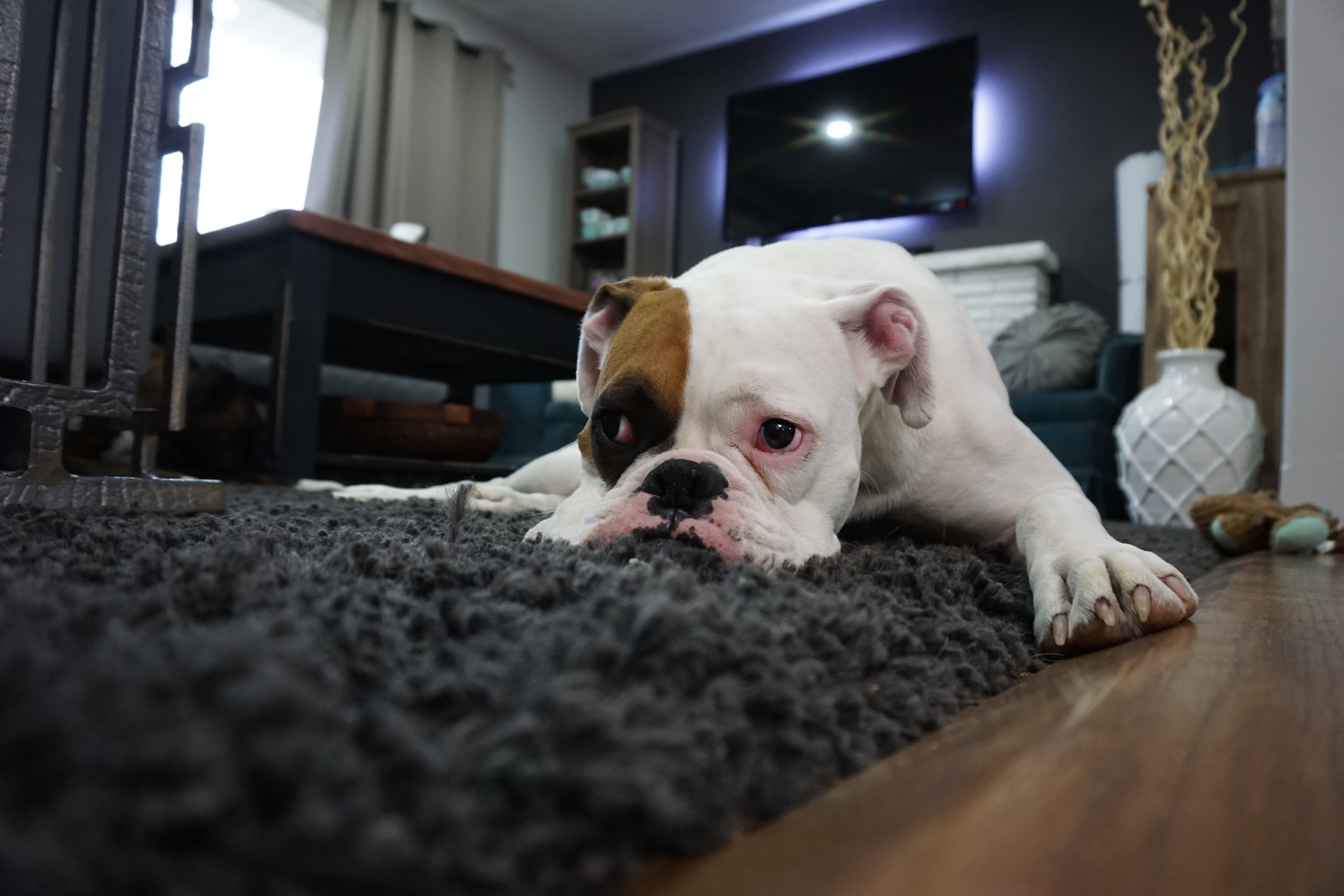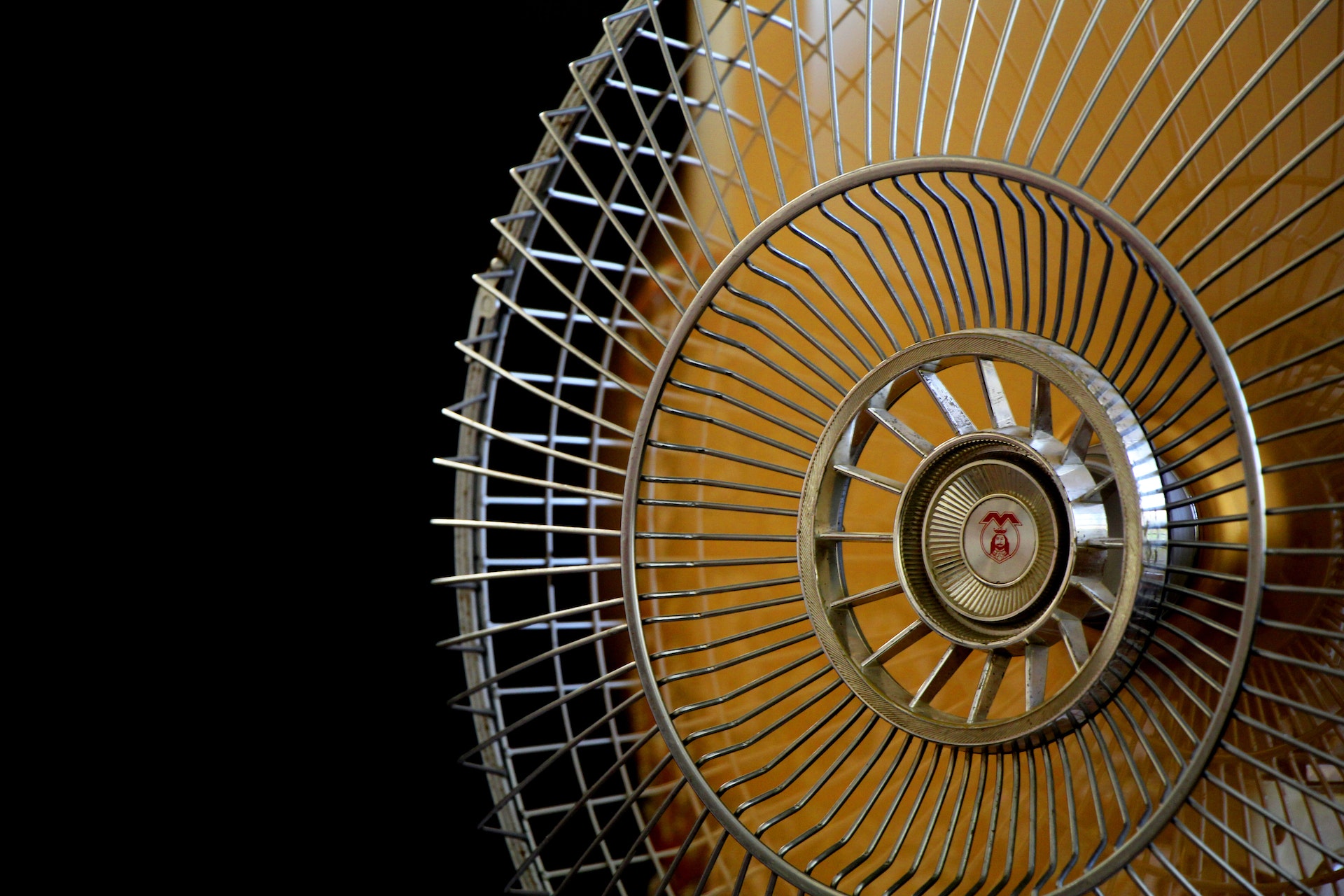Efficient operation of your HVAC system not only ensures comfort but also helps reduce energy consumption and lower utility bills. By implementing energy-saving practices, you can maximize the efficiency of your HVAC system. In this article, we will provide you with valuable tips to optimize energy usage and enhance the efficiency of your HVAC system.
Set Optimal Thermostat Temperatures:
Setting appropriate thermostat temperatures can significantly impact energy consumption. During the cooling season, aim for a temperature setting around 78°F (25°C) when you are at home and slightly higher when you are away. In the heating season, keep the temperature setting around 68°F (20°C) when you are at home and lower when you are away or sleeping. Adjusting your thermostat even a few degrees can result in noticeable energy savings.
Utilize Programmable Thermostats:
Invest in programmable thermostats that allow you to schedule temperature changes based on your daily routine. Program the thermostat to raise or lower the temperature during times when you are away from home or sleeping. This practice ensures that your HVAC system operates efficiently and minimizes energy waste.
Maintain Proper Airflow:
Blocked or obstructed airflow can strain your HVAC system and decrease its efficiency. Keep vents and registers clear from furniture, rugs, or other objects to allow unrestricted airflow. Regularly clean air registers and ensure that air filters are clean and replaced as recommended by the manufacturer. Proper airflow enhances system performance and improves energy efficiency.
Seal and Insulate:
Prevent air leaks by sealing gaps and cracks around windows, doors, and ductwork. Apply weatherstripping to seal drafts and ensure that your home is properly insulated. Sealing and insulating your home reduce heat transfer, improve energy efficiency, and prevent your HVAC system from working harder than necessary.
Use Ceiling Fans:
Ceiling fans can complement your HVAC system and improve energy efficiency. Use ceiling fans to create a breeze, which allows you to raise the thermostat setting without sacrificing comfort. In summer, ensure that the fan is set to rotate counterclockwise to create a cooling effect, while in winter, set it to rotate clockwise to push warm air down from the ceiling.
Regular Maintenance:
Regular HVAC maintenance is vital for optimal energy efficiency. Schedule professional maintenance at least once a year to clean and inspect your system. This includes cleaning or replacing air filters, checking refrigerant levels, lubricating moving parts, and ensuring proper system operation. Well-maintained systems operate efficiently, saving energy and reducing utility costs.
Conclusion:
By implementing these energy-saving tips, you can enhance the efficiency of your HVAC system and reduce energy consumption. Setting optimal thermostat temperatures, utilizing programmable thermostats, maintaining proper airflow, sealing and insulating your home, using ceiling fans wisely, and scheduling regular maintenance are all effective strategies for optimizing energy usage. Incorporating these practices into your HVAC routine will not only save energy but also help you achieve a comfortable home environment while keeping utility bills in check.





